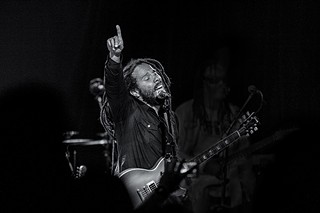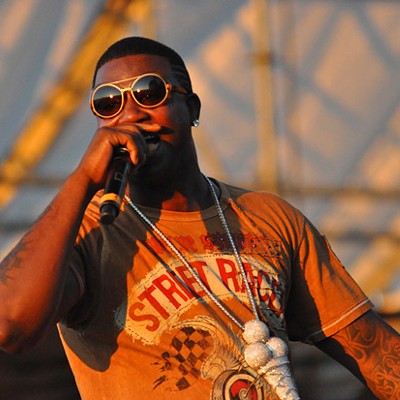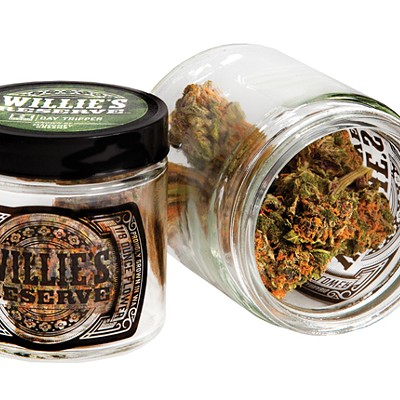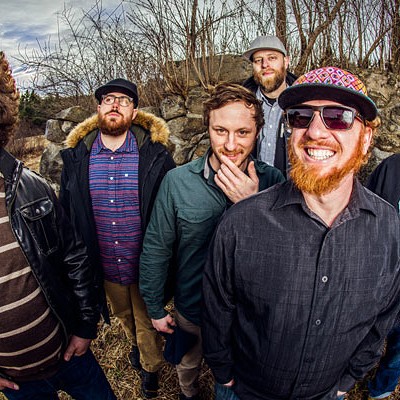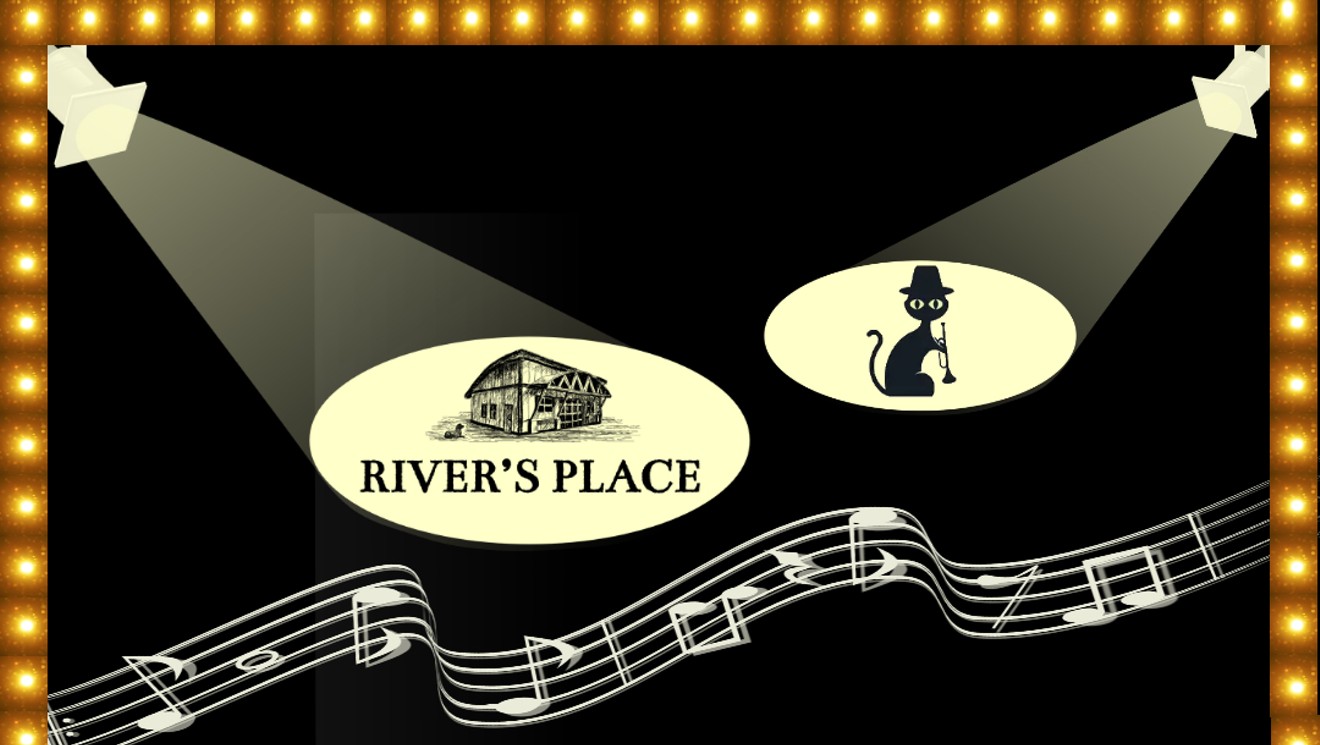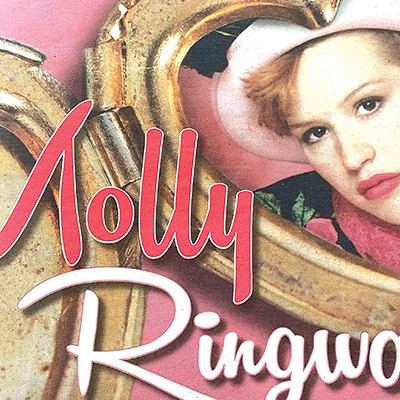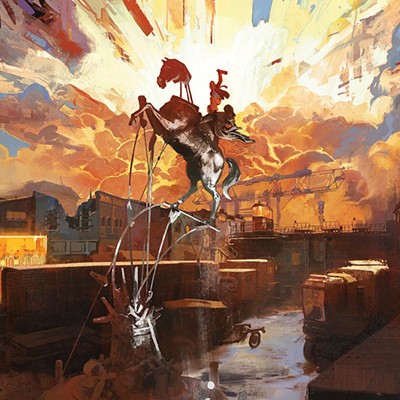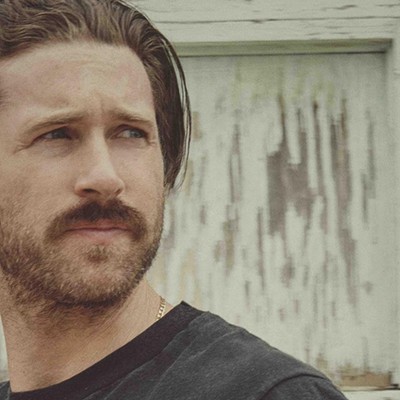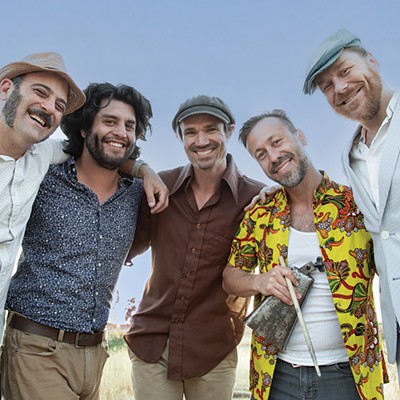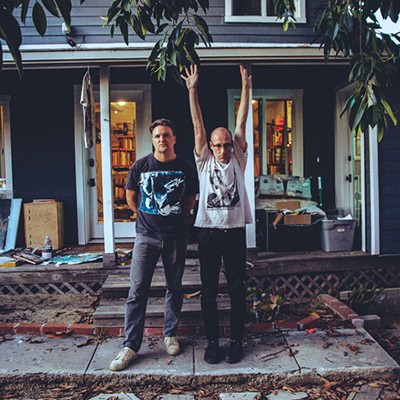It's hard to explain Ziggy Marley without talking about his dad, the prototypical reggae singer whose name is so recognizable that the (excellent) documentary about his life three years ago needed only his last name as a title. Bob Marley's image is so iconic, with dreadlocks slicing through the air, it can easily be caught as a silhouette and still be instantly recognizable to more people than not.
But, to simply consider Ziggy Marley as an epilogue to his father's legacy falls far short. Instead, Ziggy Marley is perhaps more like the next chapter, picking up where his father left off and bringing electronica and hip-hop sensibilities to the house/empire that Bob built.
Born in Kingston, Jamaica, on October 17, 1968, just as his father was transitioning from a local music phenom to a worldwide sensation, Ziggy is the oldest child of Bob and Rita Marley. In the late '70s, as his dad skyrocketed into international fame, Ziggy, along with siblings Sharon, Stephen, and Cedella, formed the Melody Makers. They played a few major shows as an opening act; but far from just a novelty act, they recorded a catchy minor hit (written by their father) and like their father, whose political awareness blossomed in his final years, donated proceeds to a children's fund with United Nations. After his father's death in 1981, Ziggy even toured in his place with the Wailers for a few years.
Later that decade, the Melody Makers record release in 1988 with Virgin Records (with the hit single "Tomorrow People") was feel-good Kingston-style reggae that was familiar to fans of the Natty Dread album and Bob Marley's mid-career, career-making songs.
But soon after, in the mid-90s, Ziggy Marley began to blaze his own trail and musical sound. He has gone on to found Tuff Gong Records, win four Grammys, and design fashion for AIDS awareness. Musically, his albums have always grown with the times instead of focusing too much on the old school popular reggae sound. Ziggy's new album, Fly Rasta, is no different; definitely rooted in reggae, but each track seems to bristle at staying within such narrow guidelines. "I Don't Wanna Live on Mars" explores a '90s jam band sound combined with early aught electronics. He's not afraid of slowing it down on piano with "Sunshine" or rocking lyrics like "The human experiment comes with pain" on "Moving Forward." It's a revealing album that shows Ziggy is much more interested in looking into loneliness, depression, and connection and how to combine them into being a more fulfilled human. I would imagine it is much easier for a reggae artist with the last name Marley to sell records heavy with one-love themes or ganja anthems, but Ziggy, now in his late 40s, seems to have fully stepped out from his father's enormous shadow.
Ziggy Marley also has separated his political activism and philanthropy from his lyrics and music more than he has fused them. He founded URGE (Unlimited Resources Giving Enlightenment), which is focused on improving communities mostly in Ethiopia and Jamaica so the youth can grow up educated and with more opportunities. He's also behind a pretty great comic book called Marijuanaman that he did with comic legends Jim Mahfood and Joe Casey that boasts a much better story than the title might lead one to believe.
Because of or in spite of his father, Ziggy Marley is a stand-alone musical phenom.
Ziggy Marley
6:30 pm. Tuesday, August 11.
Century Center. 70 SW Century Dr.
$30

